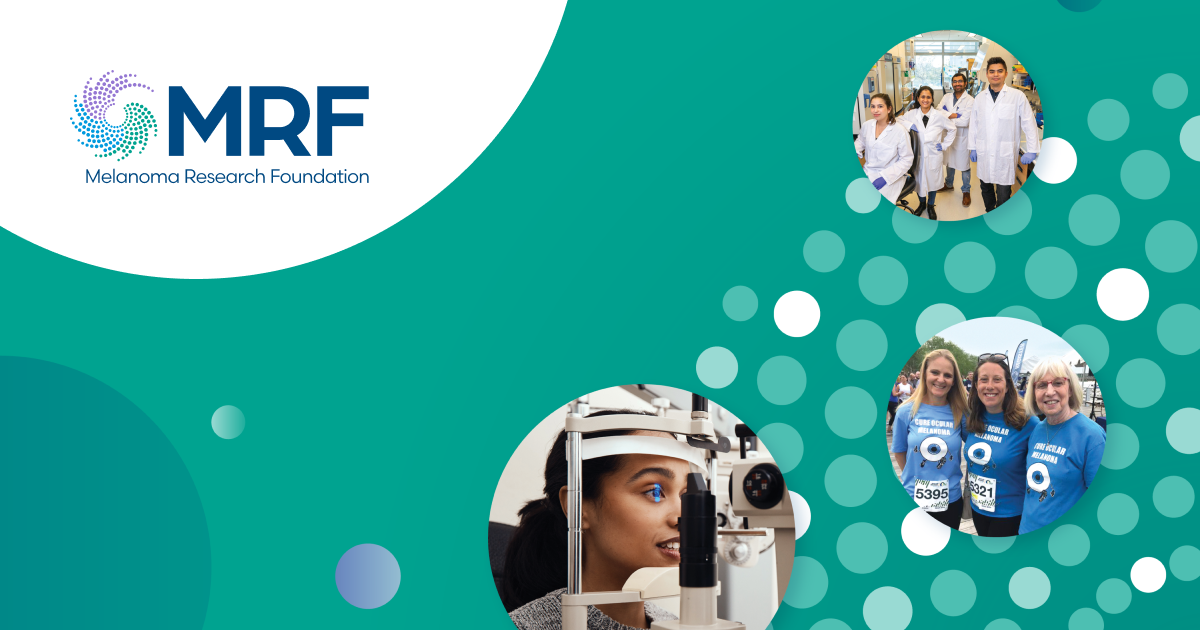What is Truth?

The call came, as they often do, at night. This time it was a mother who has a teenage daughter battling melanoma. The family had seen three or four different doctors, each of whom gave different advice on what treatment to pursue. Now it was decision time, and they had to listen to one person’s advice and ignore that of three other people. What to do?
Melanoma patients have struggled with this for years. When melanoma is caught early, or even if it has spread to the lymph nodes but nowhere else, the best course of action may be to do nothing. But no one likes doing nothing when cancer is involved. It feels a bit like giving up, a bit like surrendering to the whims of tumor cells that may or may not still be hiding away in your body.
So, some patients take interferon. It makes you sick for a year, and in large groups of patients, it does not improve overall survival (though I know several people who swear that it saved their lives). And some patients enter a vaccine trial, though vaccines have not historically worked in melanoma. (Some new ones are showing more promise in very early studies.) Who is right? What is the right decision? Observation? Interferon? A vaccine trial?
When the melanoma is further along, the decision can get even murkier. One drug has a 4 percent cure rate, but it is tough to take. Some clinical trials are promising, but not yet proven. And now we have two new drugs available and on the market—the first new drugs in 13 years! While this is wonderful news, it makes some decisions harder. Do you try both drugs? If so, which one first? Even doctors don’t agree on these issues.
All of this reinforces a fundamental philosophy we hold at the Melanoma Research Foundation: patients who are well informed and well supported live longer and better. This is a cancer that can kill. The more you know, the more questions you ask and the more information you have, the stronger and deeper your support network, the better off you will be.
This is not a guarantee that if you read enough web content or spend enough time in support groups you will win out over melanoma. But getting the right information and the right kind of support will increase the odds. With a disease like melanoma, that extra advantage can make all the difference.



